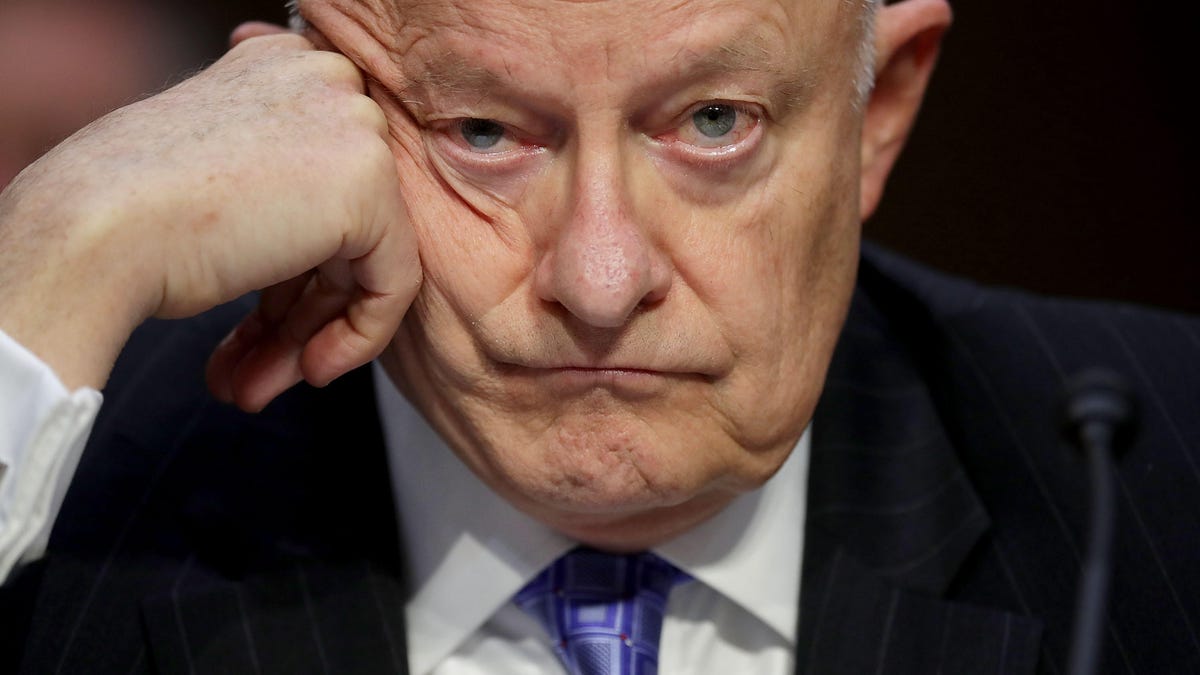Former US spy chief calls for 'filtering' of social media
James Clapper says Silicon Valley has a "responsibility" to work with law enforcement, including opening access to encryption.

Former Director of National Intelligence James Clapper.
As governments around the world face the ongoing threat of extremism, former US Director of National Intelligence James Clapper says tech companies have a social "responsibility" to take better care of what appears on their platforms.
He added that companies should go as far as filtering their feeds and opening encryption access to law enforcement.
Speaking today at the National Press Club in Canberra, Australia, the head of the US intelligence community during the Obama administration said that the issue is controversial but that Silicon Valley needs to play ball on national security.
"I do think there is a role to play here in some screening and filtering of what appears in social media," he said.
"In the same way that these companies very directly capitalise on the information that we make available to them and exploit it, it seems that that same ingenuity could be applied in a sensitive way to filtering out or at least identifying some of the more egregious material that appears on social media."
Clapper is not the only one calling on social media companies to crack down on their content.
World leaders, including UK Prime Minister Theresa May, have called for tougher measures by tech companies to restrict extremist content on their platforms. And victims of the 2015 San Bernardino shooting are suing Google, Facebook and Twitter over knowingly allowing terrorist activity to take place on their platforms.
But Clapper didn't just reserve his advice for social media companies. He also said tech companies more broadly had a "responsibility" to "cooperate" with law enforcement.
Invoking the ghosts of the Apple-FBI encryption dispute -- one of the major security issues during his final year as director -- Clapper suggested that cooperation could mean "law enforcement particularly would be allowed access to encryption" if it could be done in a "safeguarded way."
"I hear the argument about if you share once with one person and it's forever compromised. I'm not sure I really buy into that," he said.
"I think there needs to be a very serious dialogue about giving criminals, terrorists, rapists, murderers et cetera, a pass. I would hope that, at some point, our technology industry would use all the creativity and innovation and energy that they apply to create such miraculous technological things as iPhones… to figuring out a way that both the interests of privacy as well as security can be guaranteed."
Does the Mac still matter? Apple execs tell why the MacBook Pro was over four years in the making, and why we should care.
Life, disrupted: In Europe, millions of refugees are still searching for a safe place to settle. Tech should be part of the solution. But is it?

